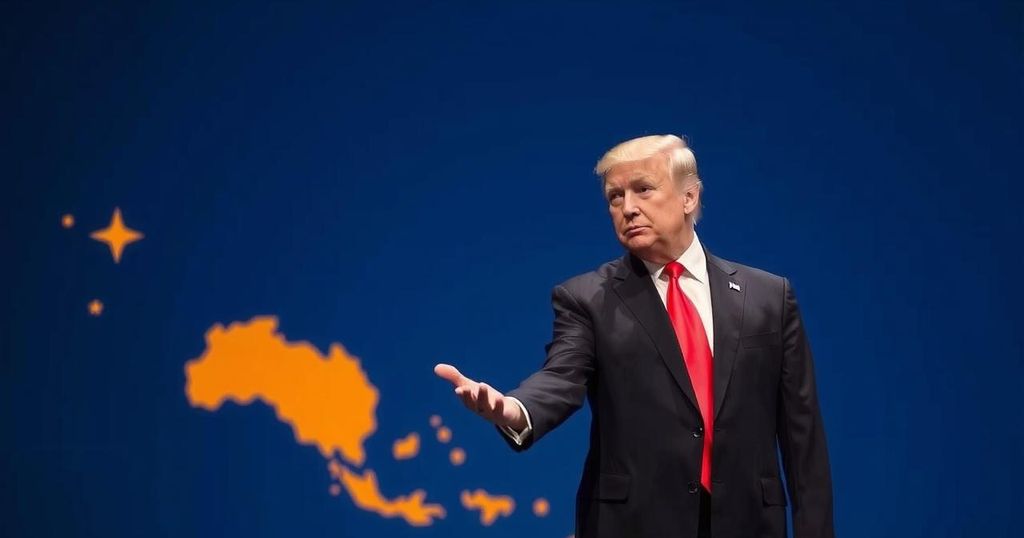The APEC forum in Lima concluded with discussions overshadowed by U.S.-China trade tensions and President Biden’s upcoming exit. Leaders, including Xi Jinping, emphasized globalization and economic collaboration, though future cooperation appears uncertain due to potential shifts under Donald Trump’s administration.
The Asia-Pacific Economic Cooperation (APEC) forum concluded in Lima, Peru, with a notable sense of caution regarding future global trade dynamics. Over two days, leaders, including United States President Joe Biden, Chinese President Xi Jinping, and Japanese Prime Minister Shigeru Ishiba, gathered to discuss economic engagement strategies, yet their conversations largely circled around include superficial platitudes. The backdrop of President Donald Trump’s imminent administration change complicates prospects for sustained cooperation, especially regarding U.S.-China trade relations. President Biden’s late arrival for the traditional family photo encapsulated his administration’s current standing, drawing attention during a moment that ideally showcases unity among leaders. Meanwhile, President Xi embraced globalization themes, inaugurating a significant $1.3 billion megaport in Peru and advocating against protectionism, positioning himself prominently in the group’s photo. Biden concluded the event amidst media queries regarding his impending departure from office, marking this as one of his final significant engagements on the world stage. The focal point of discussions centered on the intensified trade and security tensions between the United States and China, with President Biden and President Xi scheduled for a crucial meeting later that day. This summit marked a pivotal moment for both nations as they navigate an evolving trade landscape shrouded in uncertainty and rivalry.
The APEC forum serves as a critical platform for leaders of Pacific Rim economies to discuss and drive economic cooperation and trade policies. Historically, these summits emphasize free trade and globalization, but recent political shifts, particularly in the United States, have raised concerns about a retreat from these ideals. The transition from President Biden’s leadership to President Trump’s administration signifies potential changes in American trade policy that could further influence the dynamics of global cooperation, particularly regarding China, which is increasingly asserting itself in the global economic arena.
The conclusion of the APEC summit in Lima highlights a notable shift in the global trade dialogue amid rising tensions, especially between the United States and China. As leaders grapple with the implications of changing political landscapes—particularly with Trump’s imminent presidency—there is a clear sense of vulnerability in international trade commitments. The forthcoming meeting between Presidents Biden and Xi signifies an important opportunity to address these complexities, yet the overarching concern remains regarding the future of robust economic engagement in the Asia-Pacific region.
Original Source: www.livemint.com







